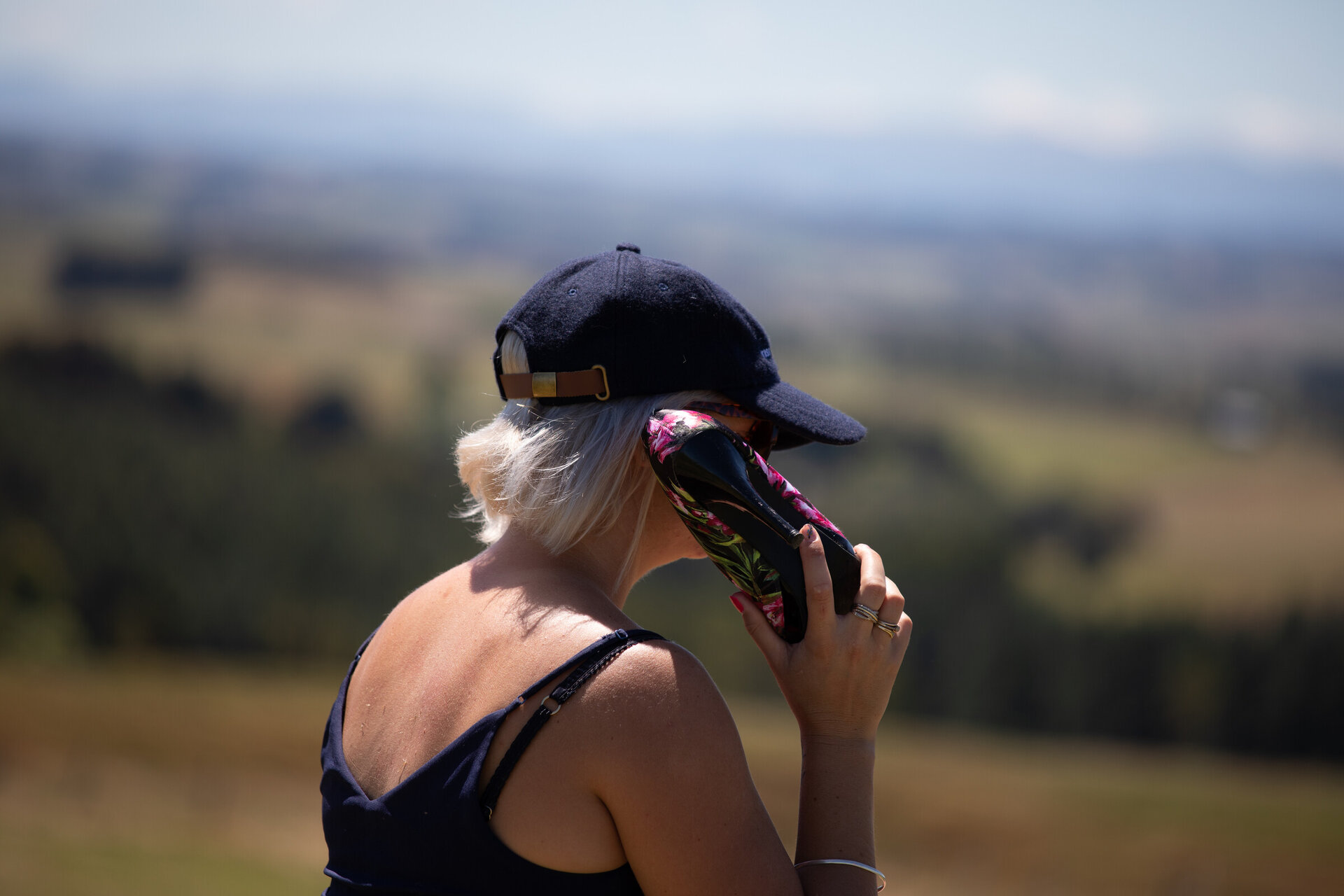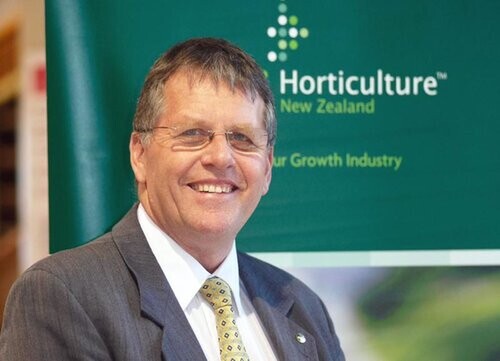The Horticulture NZ vision is;
“HEALTHY FOOD FOR ALL FOREVER”
The Horticulture NZ Mission is;
“CREATING AN ENDURING ENVIRONMENT WHERE GROWERS PROSPER”
And our purpose is;
“ENABLING, PROMOTING AND ADVOCATING FOR GROWERS IN NEW ZEALAND TO ACHIEVE THE INDUSTRY GOAL WHICH IS CURRENTLY 10 BILLION INDUSTRY BY 2020”
Our Industry has the goal of $10 billion by 2020. This will not happen by accident. We all need to work together to achieve our part in a bigger picture.
- The horticultural industry earns much more per hectare than other form of agriculture.
- New Zealand has approx 120,000 hectares of horticultural land earning over $3.5 billion in exports and over $2 billion in domestic sales.
- The horticultural sector is collectively the 4th largest exporter earner, dominated by the kiwifruit and apple industries. While on the domestic front the fresh vegetable sector dominates.
Many financial and political commentators highlight the reliance that the New Zealand economy still has on the primary sector. All urge less dependency on Agriculture and wish to see better value add to products produced. Horticulture is playing its part in coming through the ranks with good examples of higher value from new varieties, products, systems and improved packaging. Recently the government has negotiated better market access to many Asian countries which has helped shift our reliance away from the traditional European and North American markets.
When I compare the 11 million hectares that are farmed to return approx $20 billion in export returns from grass based agriculture with horticulture there is a stark contrast. Horticulture earns on average $28,000/ ha compared to $1800 /ha from the pastoral sector. Both sectors are important to New Zealand’s economy but horticulture really does add so much more off a small area of high quality land.
All forms of agriculture are under the spotlight with their practices. Horticulture must always strive to not only “do the right thing” but be ahead of the issues. At every opportunity I continue to urge for sensible policies and nationwide templates to ensure more consistency and better outcomes, especially for the environment. So much money and resources are being wasted by opposing parties battling it out with entrenched views. At the end of the day we all care about the environment and we need to find more sensible ways to solving environmental problems.
Good horticultural land is constantly under sub-divisional pressure. Demand for lifestyle blocks and expansion for urban housing is unrelenting. Our best land invariably ends up under houses. This issue is not unique to New Zealand. Conflict for water, nutrient discharges and cross boundary effects are always in the limelight as we get use to living closer to our urban cousins. With over 70 Regional and District councils Horticulture NZ has a major task to continually ensure our growers are well represented in planning and environmental issues. Preservation of highly productive land and sensible rules around how growers can farm it is an important role for Horticulture NZ.
Horticulture NZ has a key objective to inform the wider population of the opportunities that are available in the industry allowing growers to attract, recruit, develop and retain people with the right skills, knowledge and attitude. Approximately 60,000 people are employed directly in the horticulture sector. So employing the right people are a critical element to the success of the industry. Replacing an aging workforce has an ongoing and growing importance for the industry.
The average age of owners and managers in the rural sectors in New Zealand is estimated to be 58 years old. The horticultural sector would be no different. Where are we going to get the next generation of production people as well as service providers such as scientists, food technologists, production advisers, sales & marketers through to engineers, designers and machinery manufacturers? As growers we tend to think about how we will grow, harvest and package our produce ready for sale. In reality there are far more people needed in the value chain.
Horticulture needs more professionals. The need is both now and in the long term. Outside of the immediate horticultural industry, key players to assist us are Massey and Lincoln University, other specialist tertiary institutes, Primary ITO, NZIPIM and the NZ Government. We are a vibrant industry with a diverse range of opportunities and requirement for more skilled and professional people.
For 2017, I see New Zealand’s horticultural industry continuing to be successful through innovation, investment in people, smart marketing, high quality, safe produce with improved yields while keeping a lid on costs and compliance. Our short term needs have to be blended with long term goals. This is my vision for Horticulture in 2017.
Julian Raine is the President of Horticulture NZ, Director of NZ Hops, Director of Cold Storage in Nelson, Executive Managing Director of Boysenberries NZ Ltd - and more! With a passion and dedication to the horticulture industry we are lucky to have his insight.
Click here to read more about Julian.




